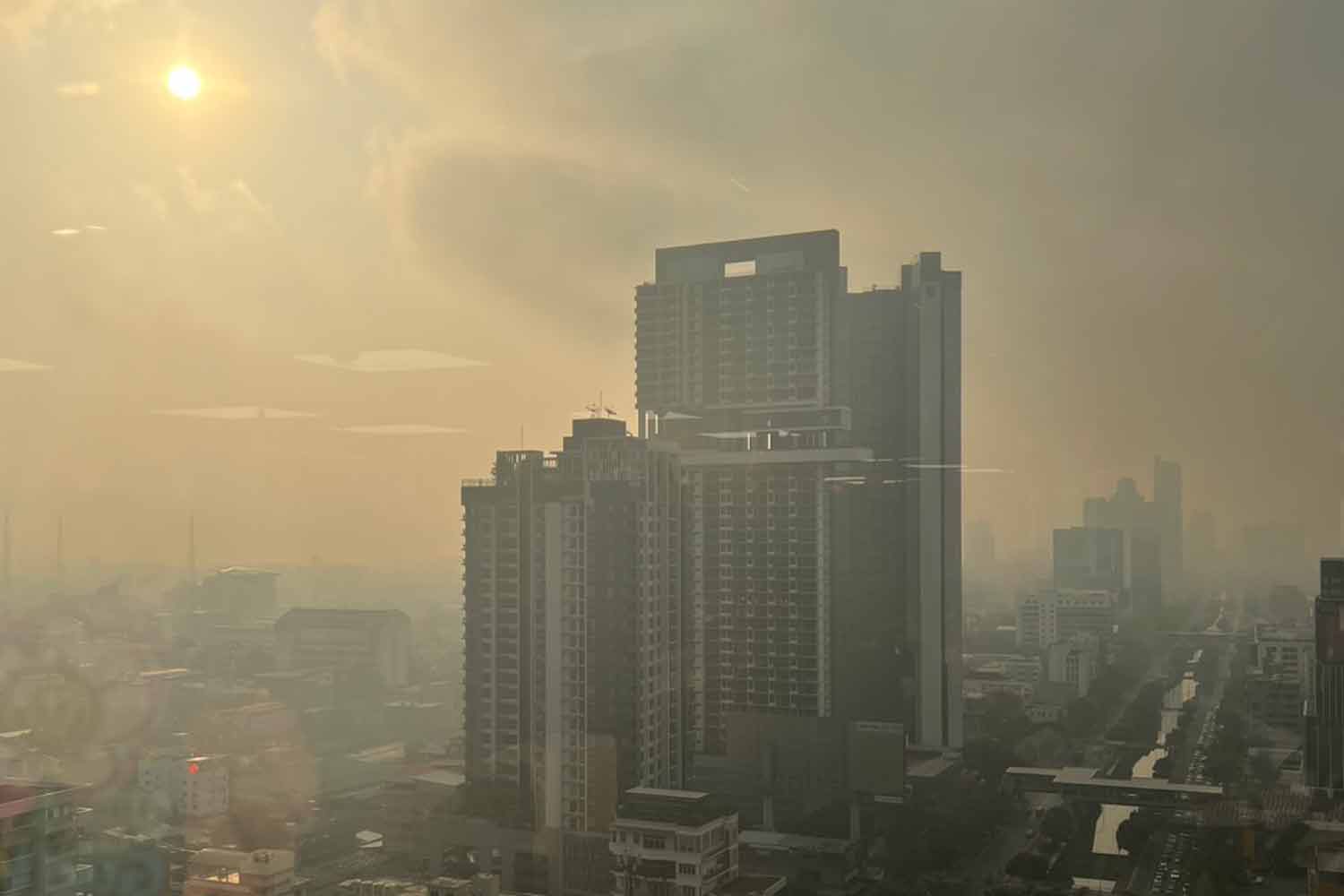Thailand is facing a critical public health challenge as e-cigarette use among teenagers skyrockets. Recent data reveals a tenfold increase in young vapers within just one year, prompting civil networks to call for urgent action and national-level intervention.
Youth Vaping Epidemic
Shocking Statistics
The number of e-cigarette users aged 15-24 has surged from 24,050 to 269,533 in a single year. Even more concerning, 43% of primary school students aged 9-12 have already experimented with e-cigarettes, with a notable rise among girls.
Health Risks and Consequences
Brain Development Concerns
Dr. Prakit Vathesatogkit, president of the Action on Smoking and Health Foundation, warns that early exposure to nicotine can severely impact brain development. Young vapers are five times more likely to experience depression, concentration difficulties, irritability, and academic performance issues.
Government and Civil Society Response
Collaborative Efforts
A recent seminar organized by the Senate committee brought together government agencies, private sector representatives, civil society organizations, and youth groups to address this growing crisis. Participants emphasized the need for awareness campaigns, strengthened law enforcement, and policies prioritizing youth welfare.
Prevention Strategies
Community Involvement
The seminar focused on empowering families, communities, and schools to take proactive roles in preventing e-cigarette use among youth. Participants discussed measures to enhance law enforcement and develop policies aligned with the UN Convention on the Rights of the Child.
Legal Considerations
Cautionary Tale
Dr. Prakit urged lawmakers to maintain the ban on e-cigarettes, citing the Philippines as an example where legalization led to increased smoking rates, a rise in illegal tobacco trade, and reduced tax revenues.
Long-term Implications
Social and Economic Impact
The rapid increase in teen vaping not only threatens the health and well-being of Thai youth but also poses significant long-term social and economic consequences for the country.









